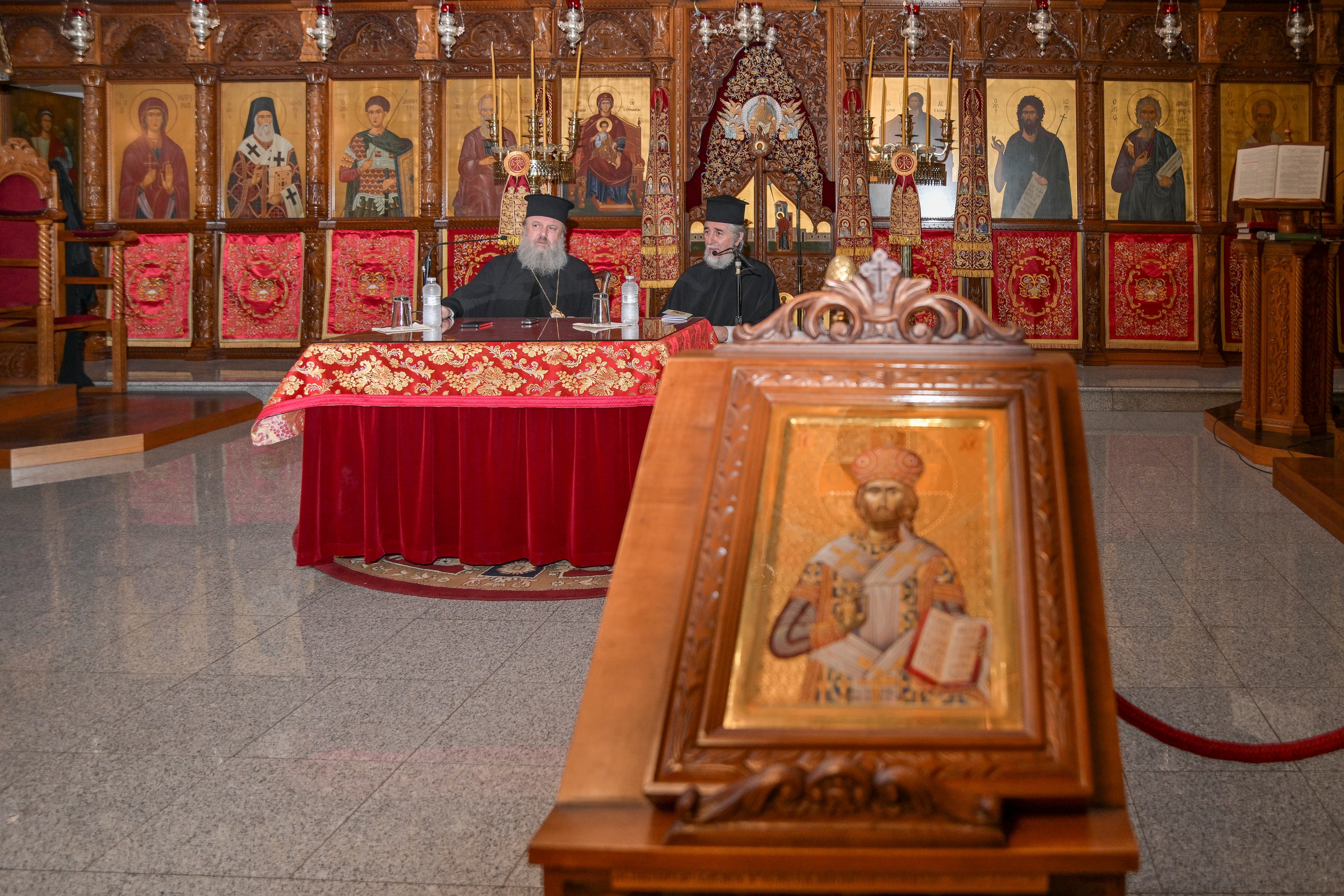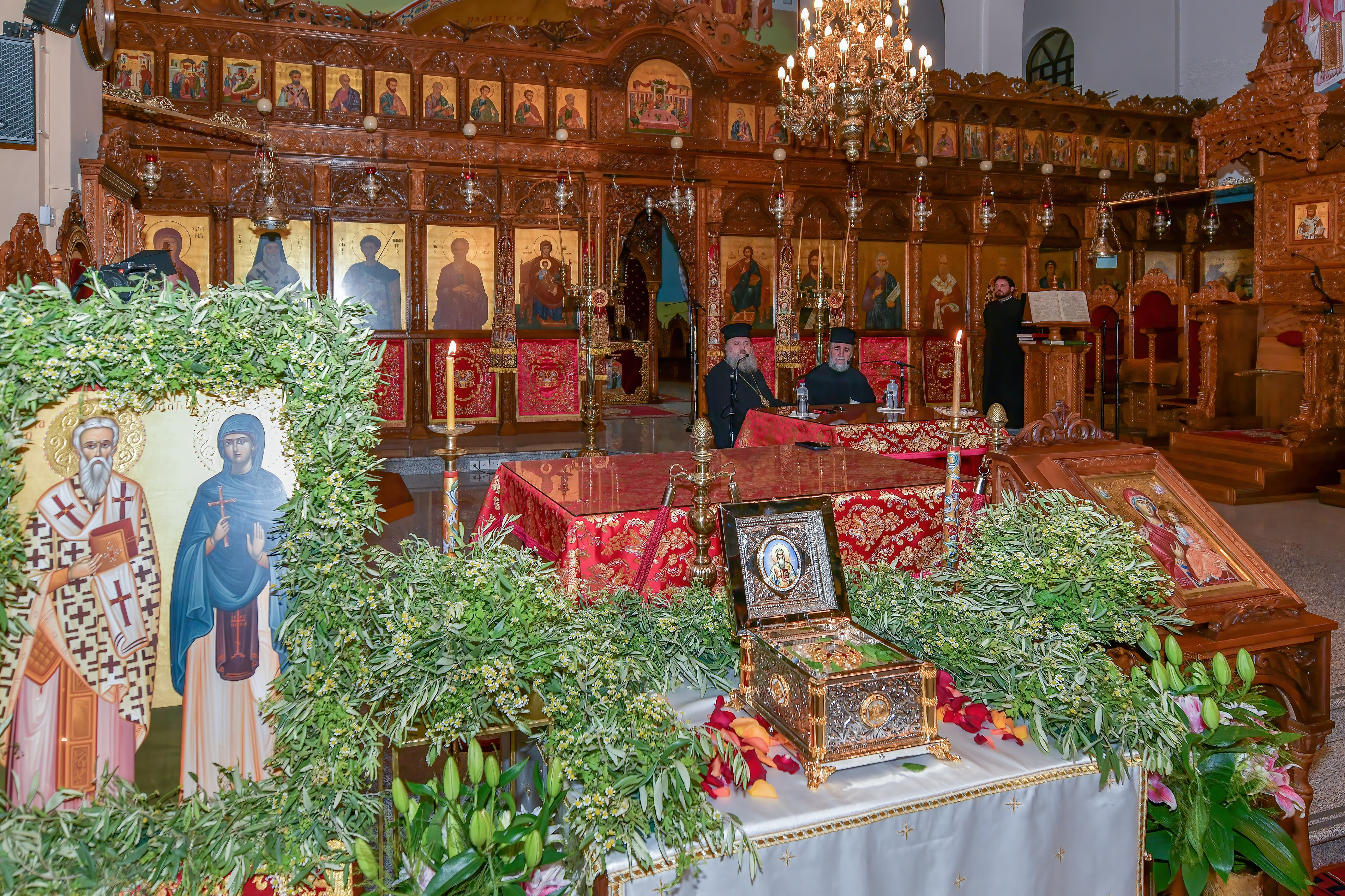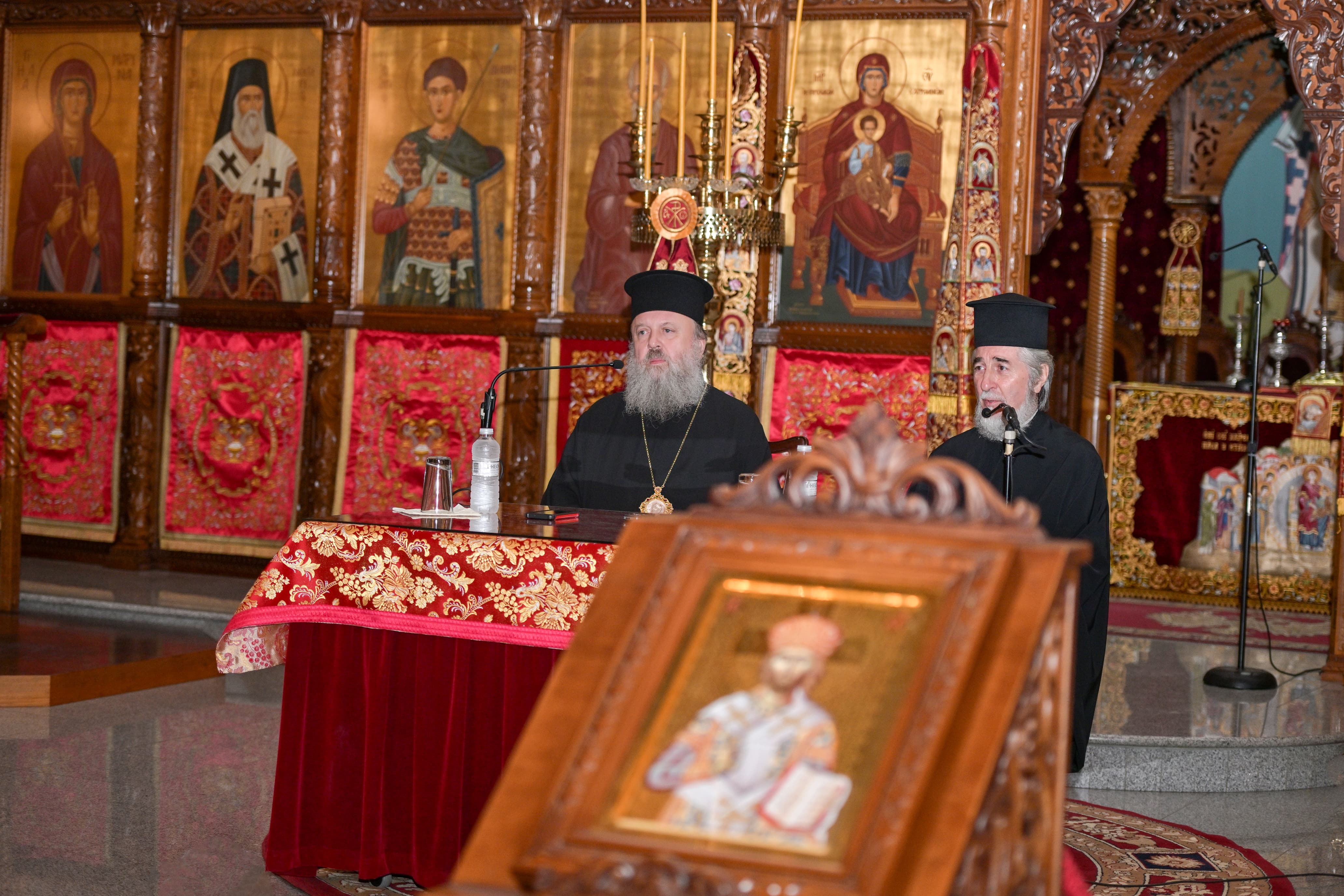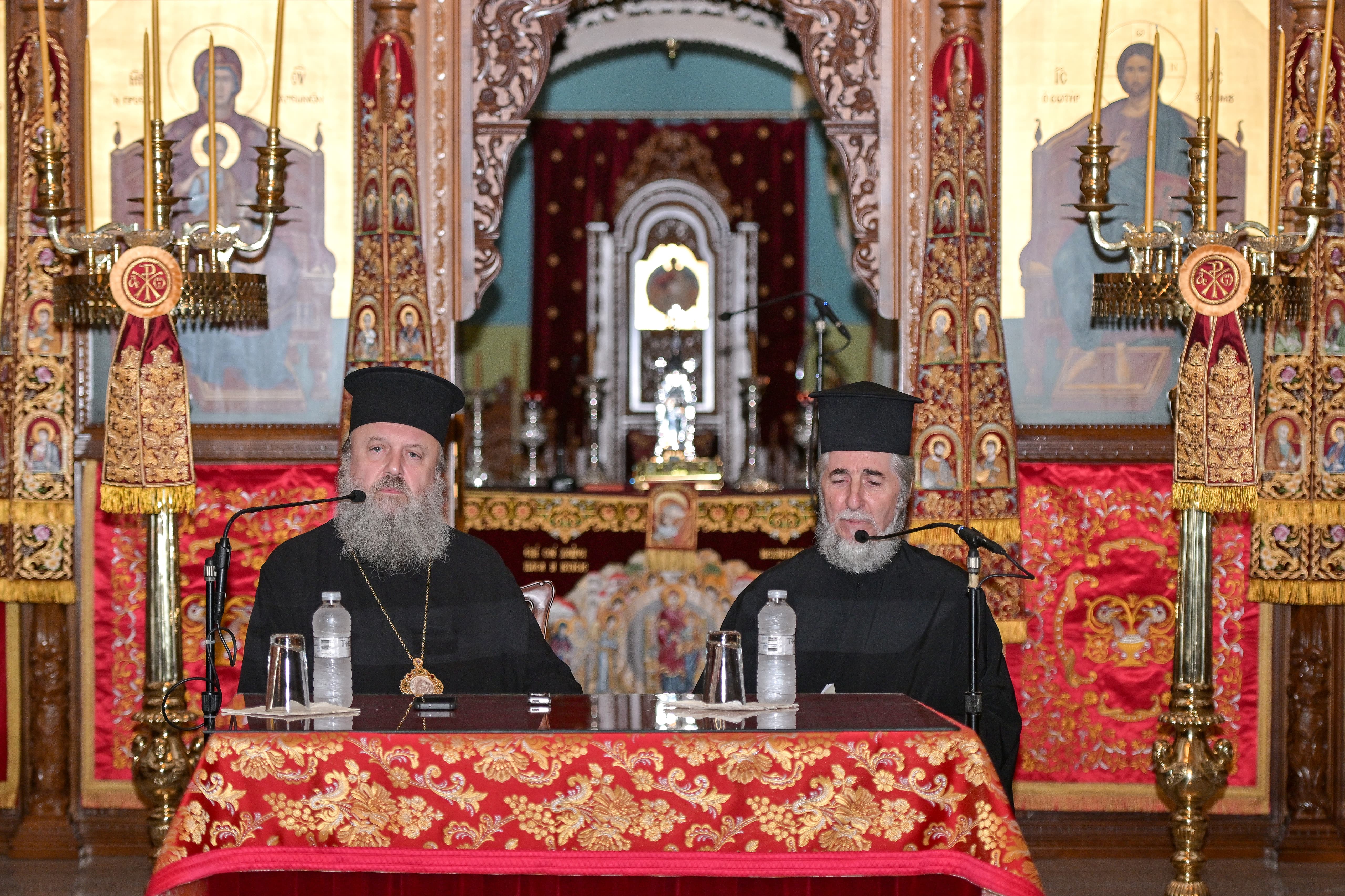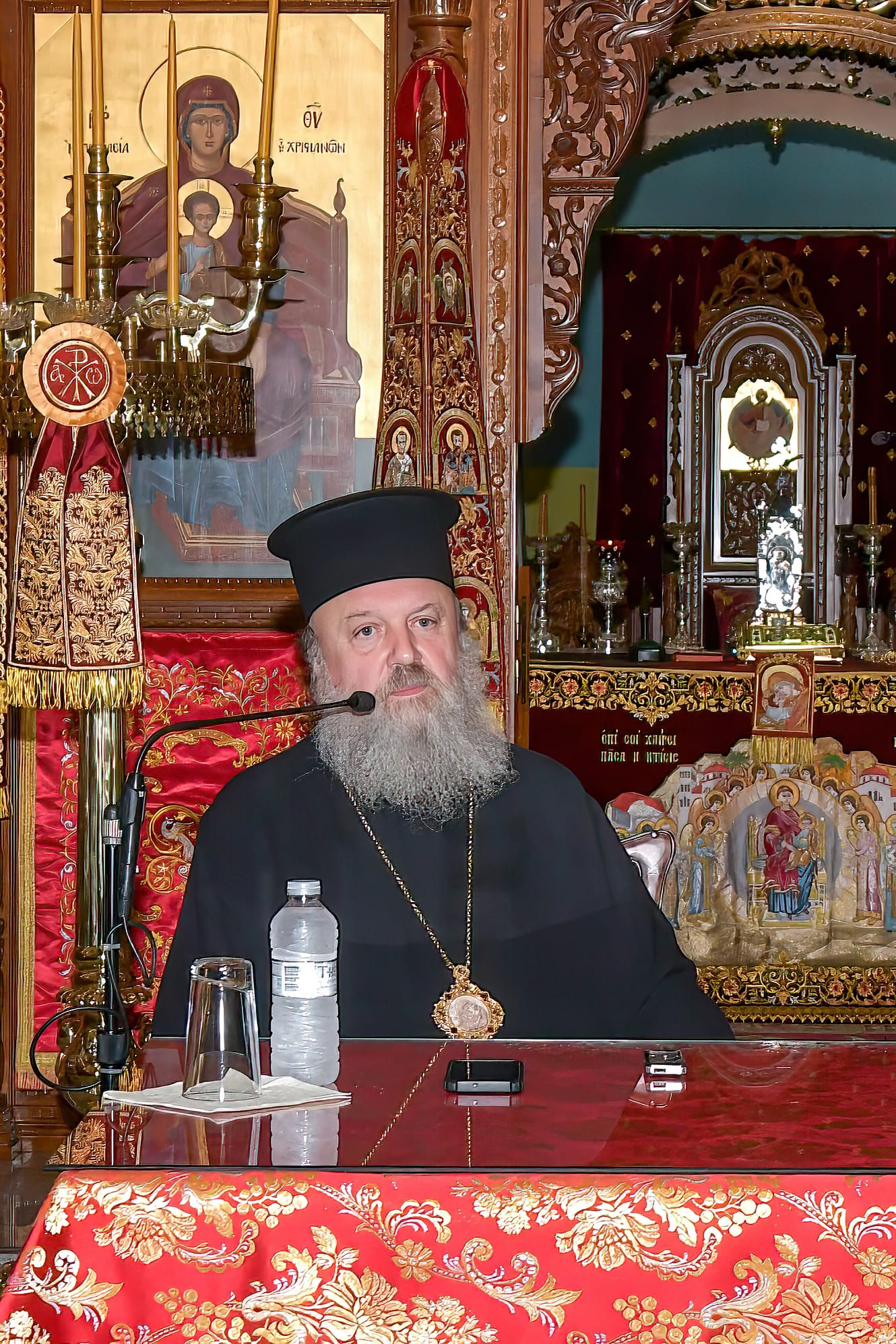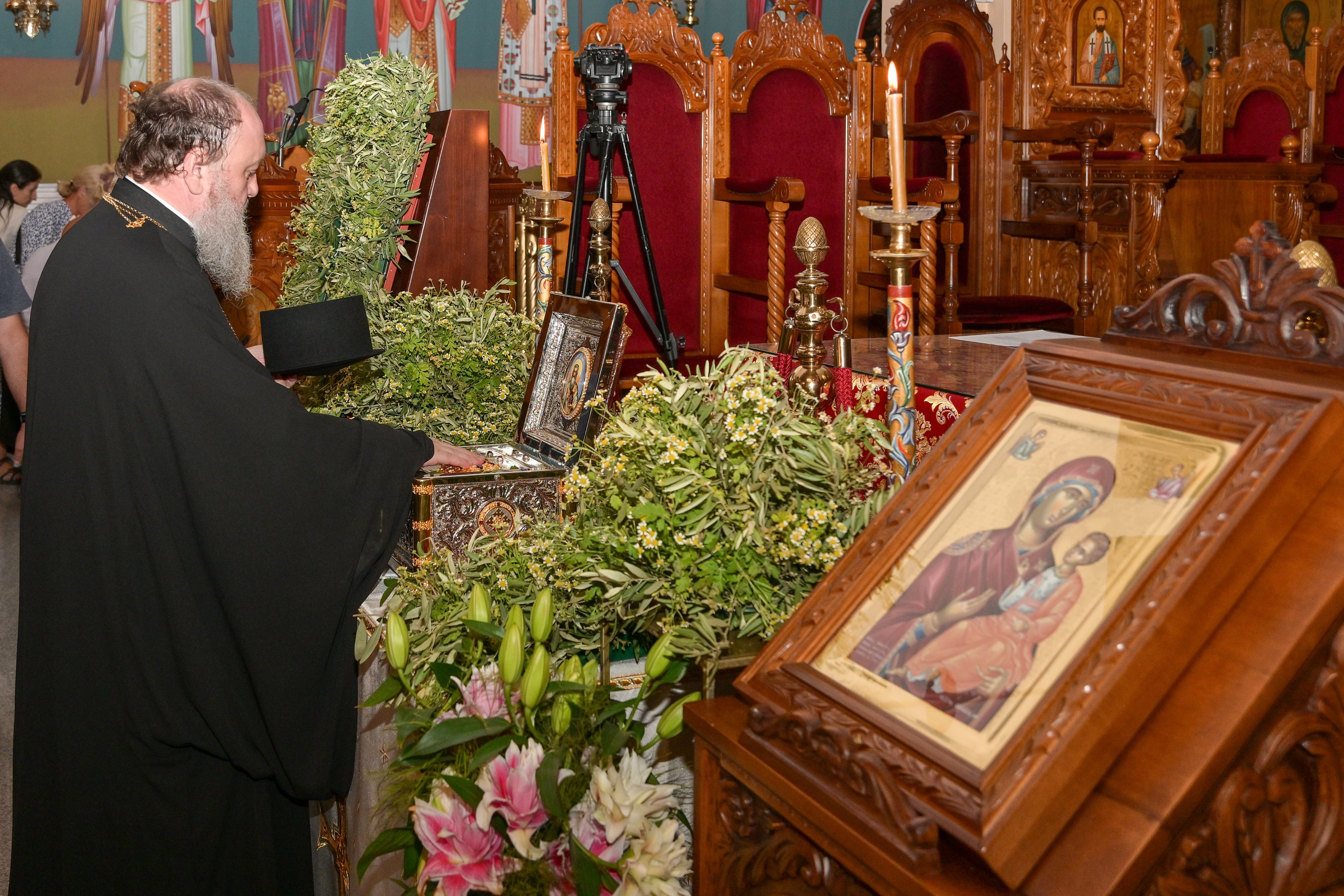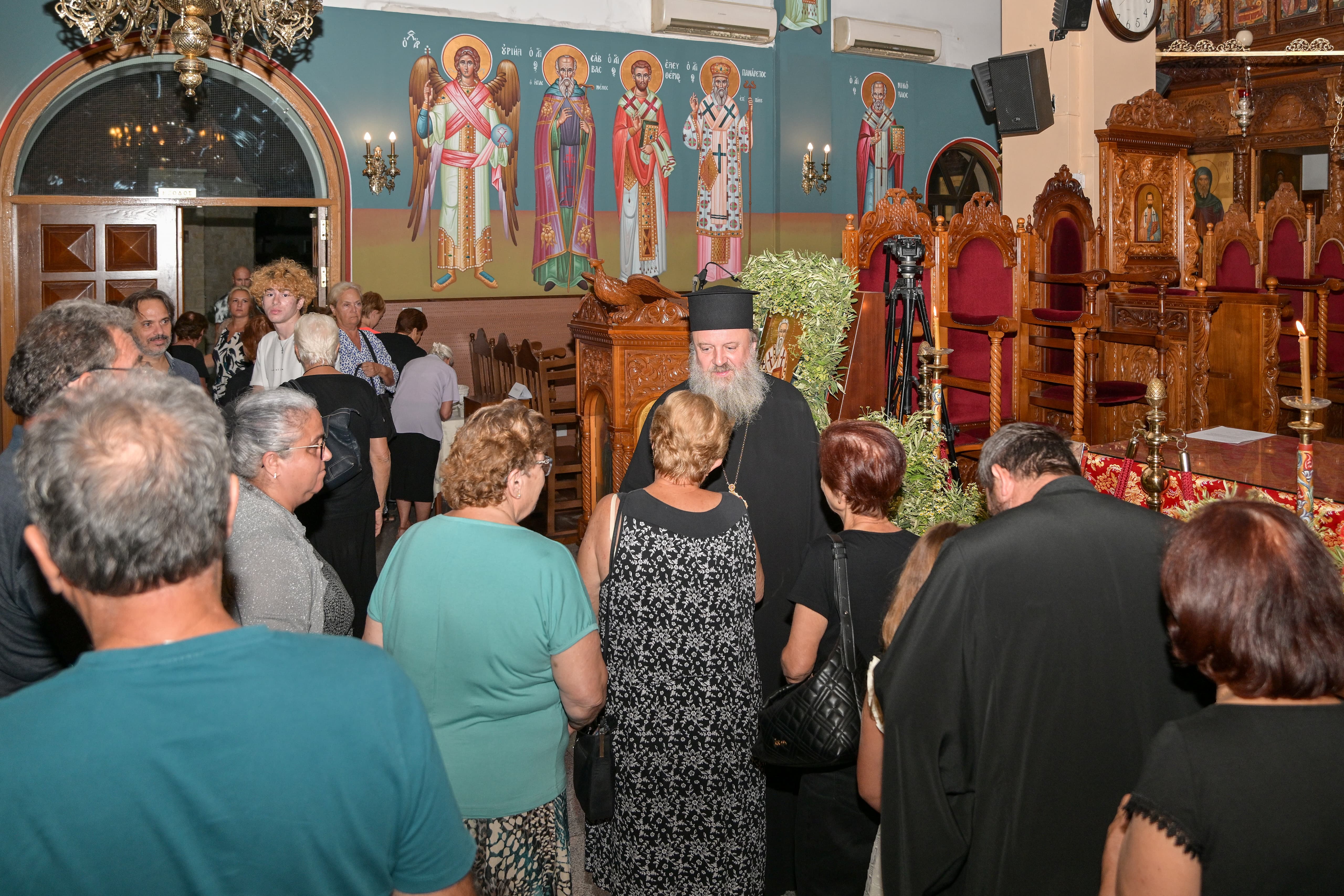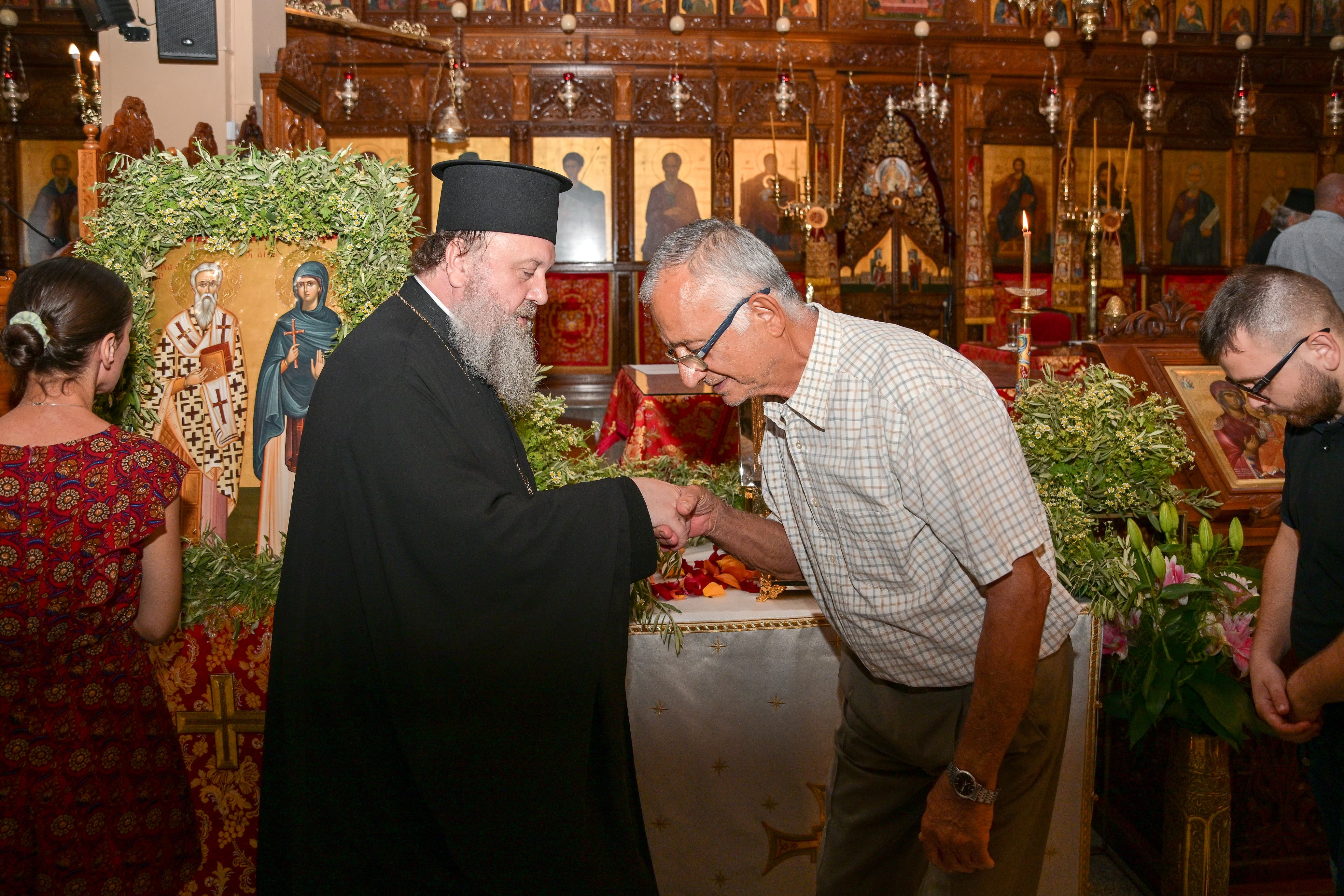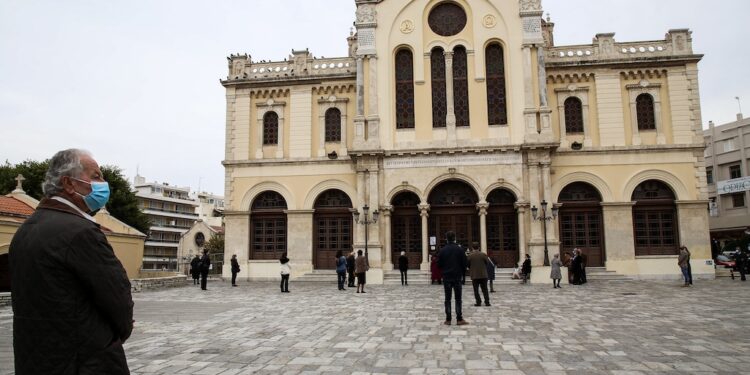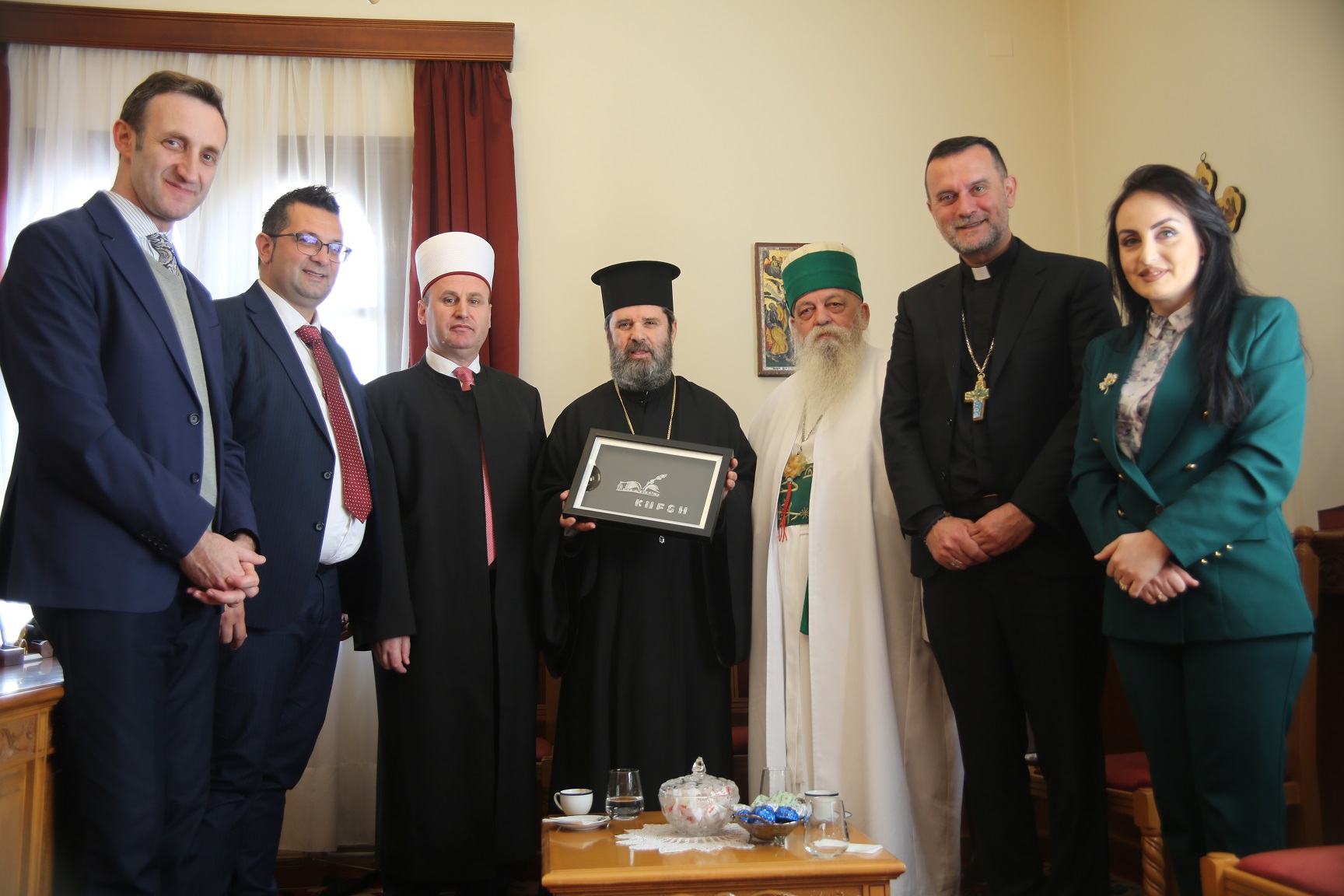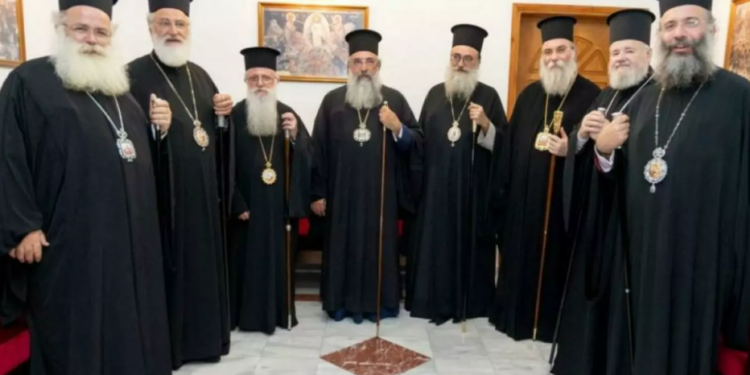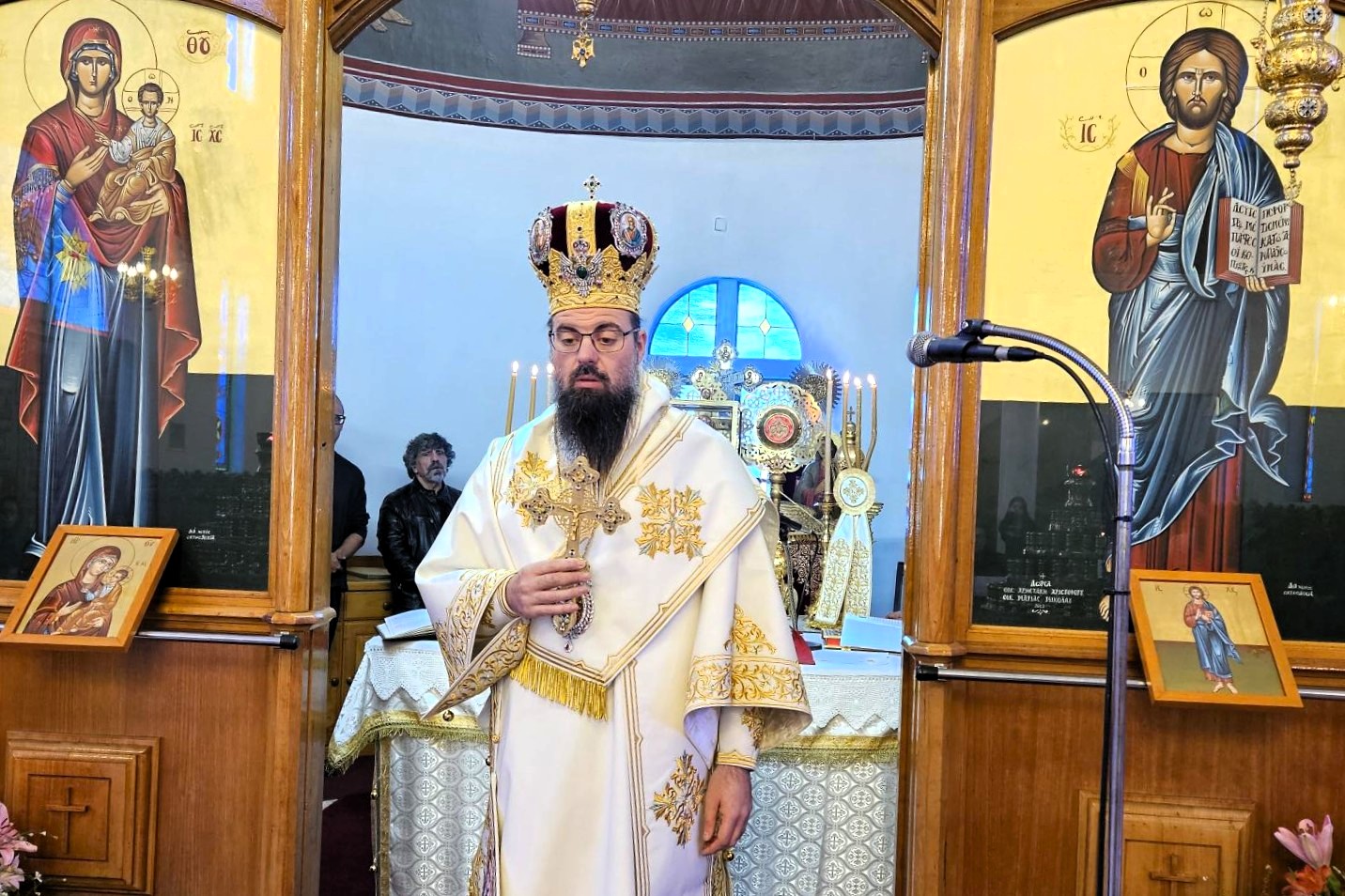Bishop Timotei of Prahova spoke in Cyprus of the history and importance of Romanian monasticism
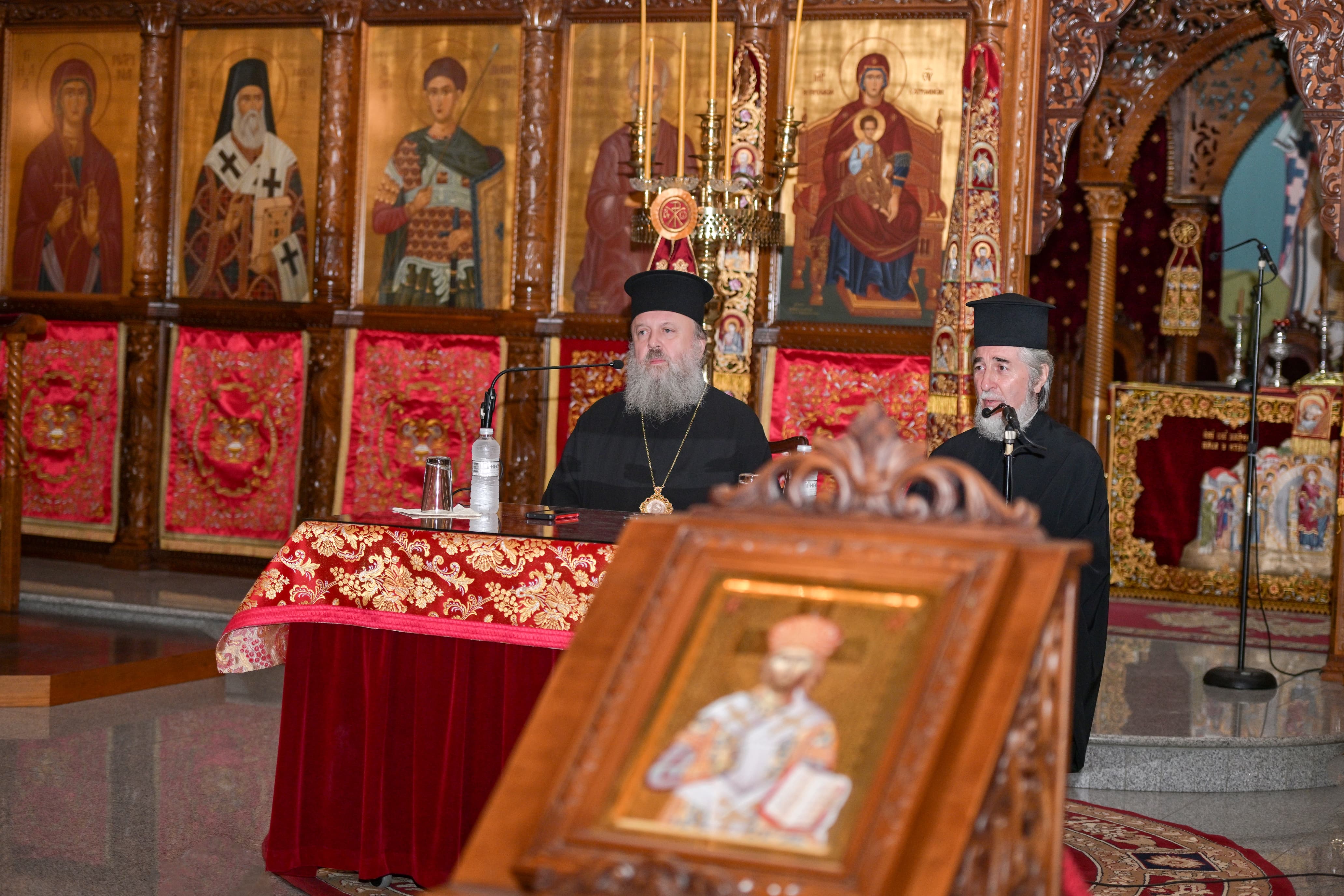
His Grace Assistant Bishop Timotei of Prahova spoke on Tuesday evening to the faithful at the “Holy Archangel Michael” Church in Limassol, Cyprus. The Romanian hierarch presented the history of monasticism and its importance for the life of the Church and society, with a special emphasis on Romanian monasticism.
“The life of monastics helps the life of the Church in many ways,” said the Assistant Bishop of the Archdiocese of Bucharest.
“Without monasticism, the Church is not complete – a monasticism fully embodying its values. Monks help, first of all, through prayer and silence.”
“Monks can also help by preaching, by officiating religious services, by chanting, and by the various forms of obedience that many of them can offer as examples,” added His Grace.
The hierarch emphasised the hardships of monastic life in contemporary society and the temptations to which monastics are exposed.
“Monks, especially in the times we live in, are exposed to many temptations and trials, but those who manage to carry their cross to the end are true models for others”.
Founders of Romanian monastic life
Talking about the history of monasticism, His Grace Timotei of Prahova remembered the monks of the first centuries, as well as the monks who founded monastic life in the Romanian lands, among whom St Nicodemus of Tismana and St Paisius of Neamț.
“Romanian monasticism has known flourishing periods of high spiritual work, but also periods of crisis, produced by population movements, invasions of migratory peoples and tribes and then by the establishment of a Uniate Church and by some attempts, especially from Transylvania, to weaken the Orthodox faith in the Romanian lands,” continued the hierarch.
His Grace noted that, through the efforts of the founders of Romanian monastic life, the monasteries in the Romanian Lands had “the same beauty as the monasteries on Mount Athos”.
Orthodox Elders under the Communist regime
At the same time, the Assistant Bishop of the Archdiocese of Bucharest recalled the great elders living during the communist period, thanks to whom “the faithful were able to live the Orthodox faith in a special way and to have models at a time when religion was not taught in schools and the Church was suffering from the austerity of the (atheistic – ed.n.) regime”.
“To better understand the piety of some believers, I will tell you that in Romania, when there was no public transportation available to monasteries, the faithful used to walk 10 kilometres or more just to meet these elders and take advice”, added the hierarch.
“I urge the priests to always remind their faithful the importance and sacredness of these monastic places and that the respect for them is also shown by the way we behave in church. Because in this place we meet God”, said the Assistant Bishop of the Archdiocese of Bucharest.
His Grace Timotei of Prahova, Assistant Bishop of the Archdiocese of Bucharest, is leading the Romanian delegation accompanying Hieromartyr Cyprian’s relics brought on a pilgrimage to Cyprus from Zlătari Parish in Bucharest, Romania.
Source: basilica.ro
